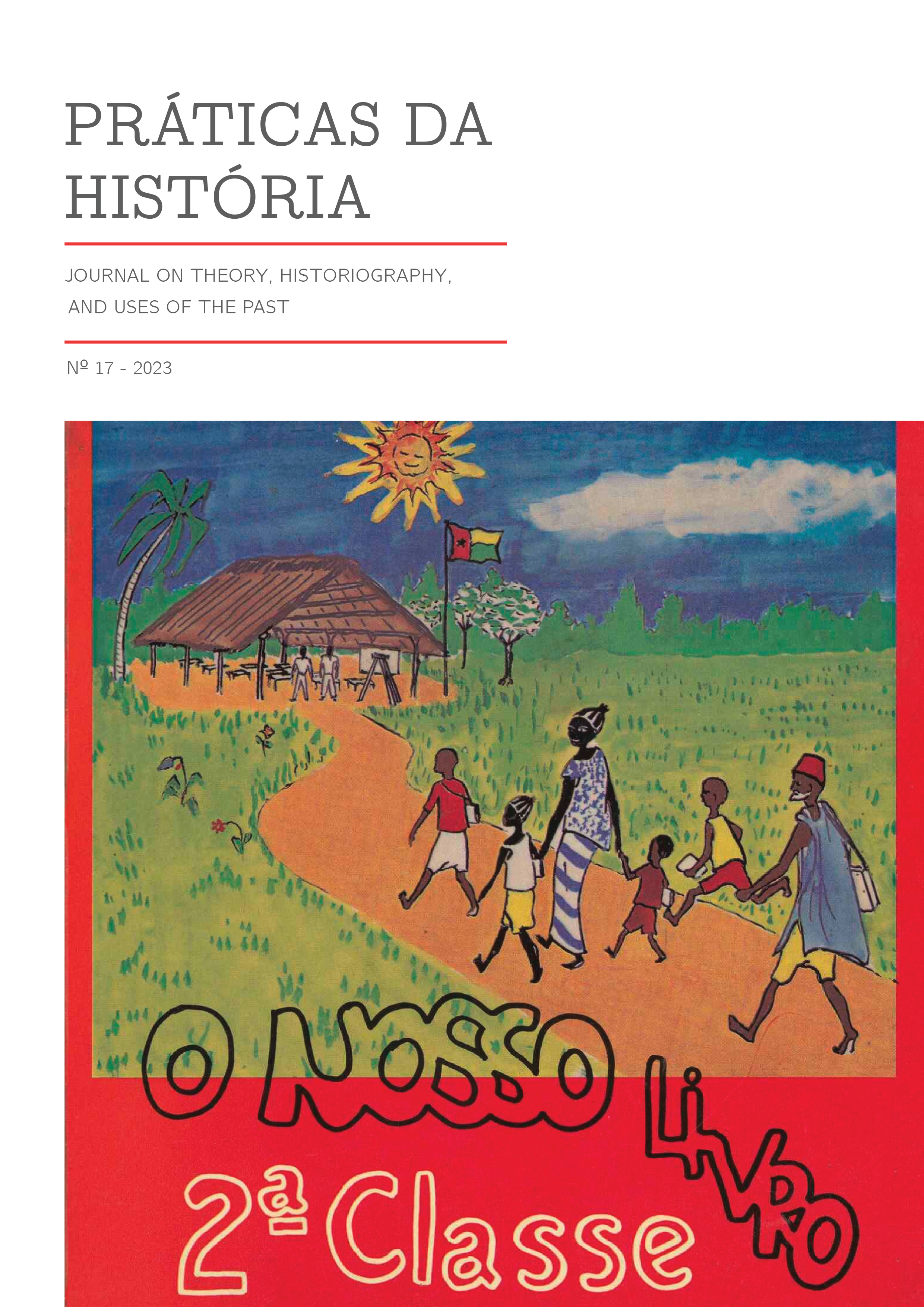The “discovery” of Brasil in the school textbooks adopted in Angola and Mozambique (1960-1970)
DOI:
https://doi.org/10.48487/pdh.2023.n17.33127Keywords:
“discoveries”, “discoveries”, Portuguese New State, Portuguese New State, school textbooks, school textbooks, colonial education, colonial educationAbstract
In this investigation we will analyze a set of reading school textbooks intended for Elementary and Complementary Primary Education in overseas schools in Angola and Mozambique published between the 1960s and 1970s. Our main objective is to examine how the contents about Portuguese “discoveries” in general, and Brazilian case, in particular, were developed within this bookish universe. We will explore how these approaches met the political and ideological principles of self-defense of the Portuguese imperial State in the last decades of the Portuguese New State government. Also, we will see how Gilberto Freyre's theses about the Brazilian prototype of a harmoniously mixed nation were adapted for this purpose. Finally, we will build an analogy about the representation of “gentiles”, or native peoples of “pre-cabraline” Brazil, with the vision constructed about the “indigenous” peoples of Angola, Mozambique and/or other areas of the western African coast. To conclude, we will discuss how these educational supports reflected the images of the original culture of their own recipients and we will consider their implications for the subjectivation of identity of their target audience.



